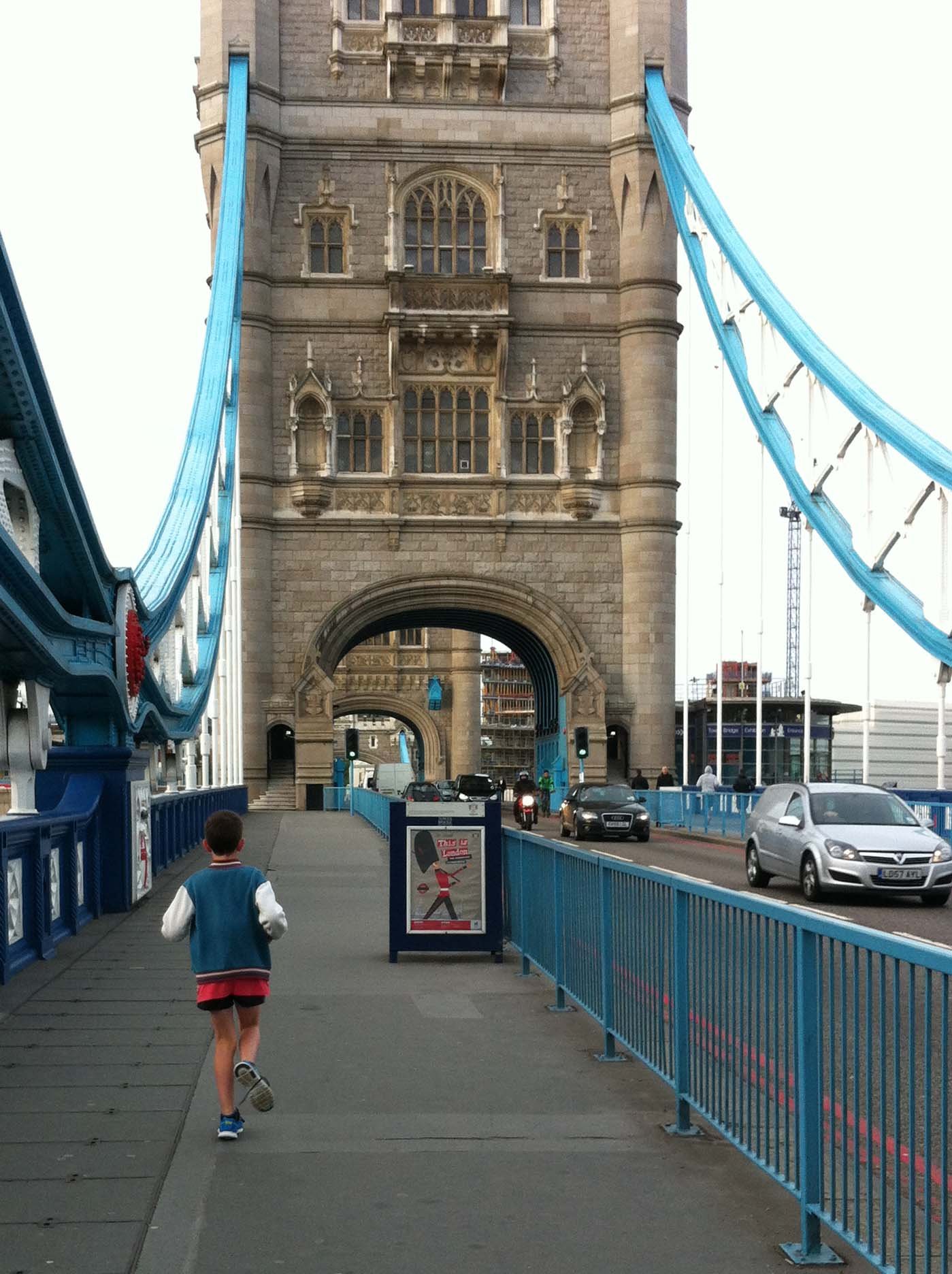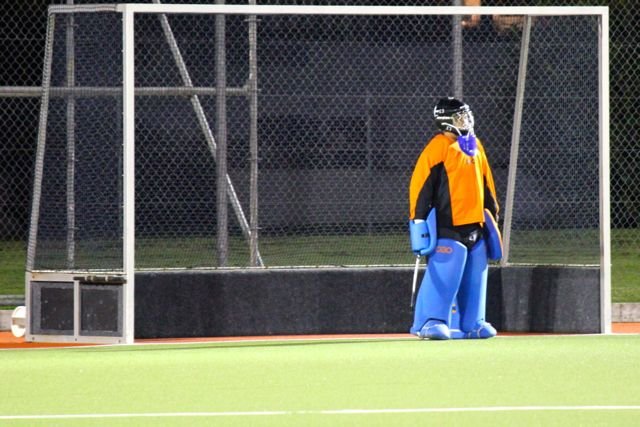
Moments earlier we had been given five minutes to prepare our business idea and now I found myself pitching, to one of the 126 entrepreneurs gathered from around the world. They’d pitch their idea, I’d pitch mine and we would agree how we would split 7 points. You take 2, I’ll take 5 (not that easy with A type personalities).
After 7 pitches to complete randoms, we had a score out of 49. Bill Aulet, Managing Director in the Martin Trust Center for MIT Entrepreneurship, humorously states that higher scores (I was 6th highest) meant you either had a really good idea (mine was created in 5 mins on my flight to the US), or you were really pushy (StrengthsFinder calls it “competitive”).
The top 26 of us pitch to the remaining 100 and then they walked up and choose a team, leaving only 16 ideas. Through this ad hoc process team reCollect was formed.
They say that attending MIT is like drinking from a fire hydrant, and over the next week we were saturated with ideas, discussion, teams sessions and coaching. So much so that it is only now I am narrowing down key lessons.
#1 Team is everything. The team that chose the reCollect idea was smart and diverse. Neil and Mark from Scotland, Rafael from Spain, Saeed from UAB, with Tanmay, Jax and myself from NZ. We all had radically different backgrounds and skills, which meant we ended up working incredibly effectively as a team.
I was reminded at MIT that having a cross functional team with a complimentary skill set is critically important when starting anything new. Startups with co-founders are more likely to succeed, however founding with friends you have never worked with before is more likely to fail.
∴ Build a great team with a common vision, but different skills and networks.
#2 Narrow your focus. Many startups spend huge portions of their precious resources on trying to be all things to everyone. Successful startups spend a lot of time talking with a narrow market of customers before they even build a product to make sure it is something they will actually use, and more importantly pay for. Test an idea and pivot constantly.
∴ Narrow your target market right down and talk constantly to you potential customers.
#3 GSD: Get S(tuff) Done: Just make stuff happen. You can talk about it, have meetings, create really great plans and strategies, but if you don’t GSD and get a product delivered then it is worthless. Herb Kelleher of Southwest said “We have a strategy plan. It’s call doing things!”
∴ everyone needs to GSD, and add real value to the customer. Everything else is worthless.
#4 Cash: Capitalism in America is NOT dead. To be honest if a Kiwi has a great idea and someone in the States has the same idea. They will be funded about 10x more than you. Thats the reality. It doesn’t mean you can’t win, just that you need more resolve around the first 3 points. The downside risk to not having cash, is we fail to rapidly build Innovation Based Enterprises at a speed quick enough to compete.
∴ Charge your customers as soon as possible, export and seek funding. Run out of cash and all your hard work means nothing.
Attending MIT was a fantastic learning experience, which I liken to reading 12 books in a week. Thanks to MSI / MBIE, now Callaghan Innovation for the incredible opportunity.
Watch this space for a new business to spin out of Agoge this year.
 So often our choice of words lets us down. We use strange phrases to express some action we may do in the future.
So often our choice of words lets us down. We use strange phrases to express some action we may do in the future.
